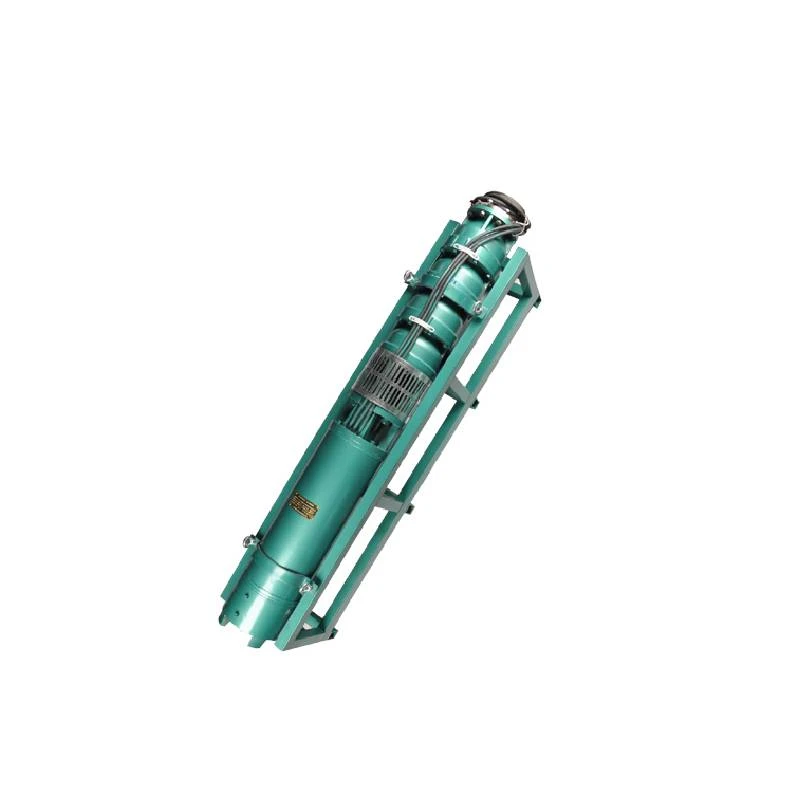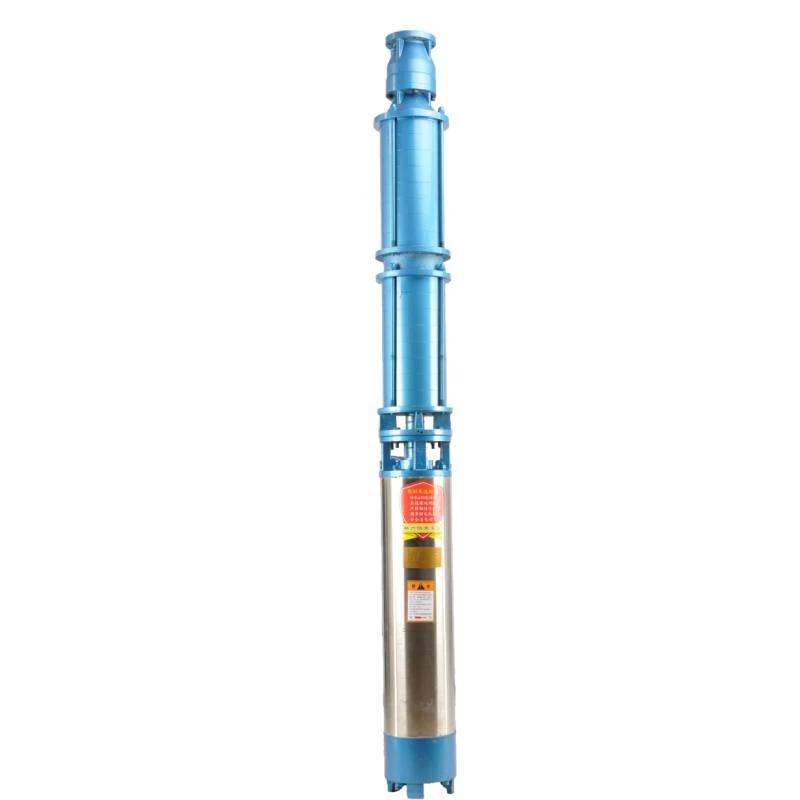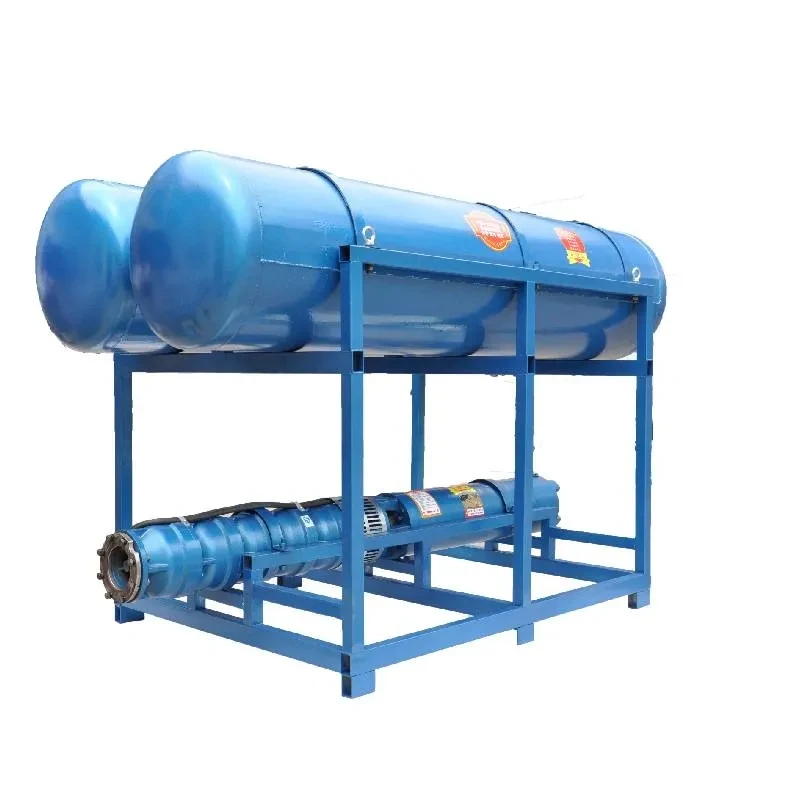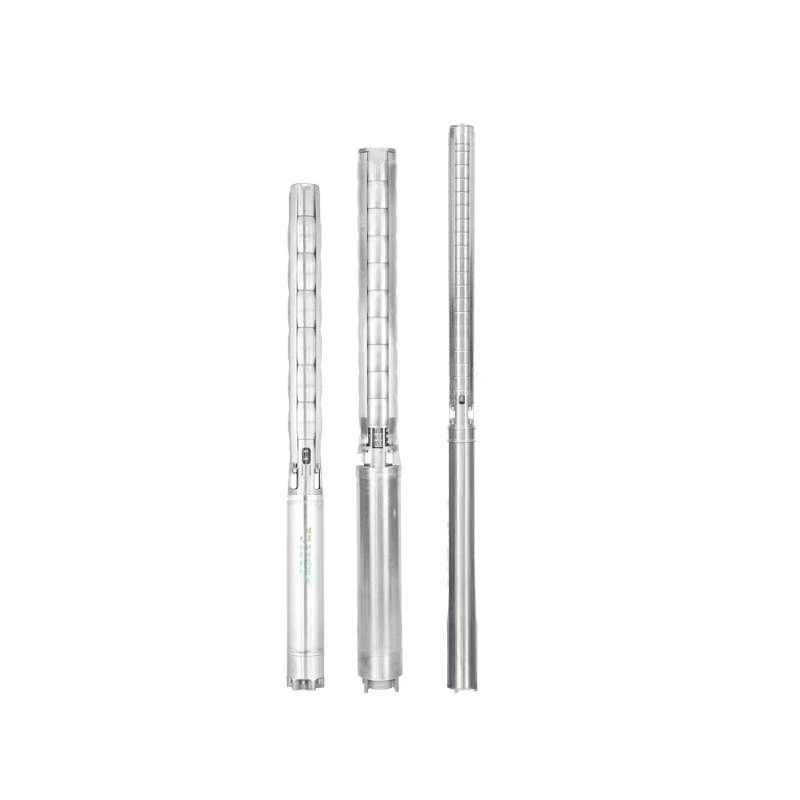Oct . 11, 2024 13:37 Back to list
deep well submersible pump wiring
Wiring a Deep Well Submersible Pump A Comprehensive Guide
Deep well submersible pumps are vital for various applications, particularly in agricultural, municipal, and residential settings. These pumps are designed to function underwater, drawing water from deep aquifers, and are favored for their efficiency and ability to operate in challenging environments. Proper wiring is crucial for the reliable operation of these pumps. In this article, we will explore the key considerations and steps for wiring a deep well submersible pump safely and effectively.
Understanding the Components
Before diving into the wiring process, it is essential to understand the main components involved. A typical submersible pump consists of a motor, control box, and power supply. The motor is designed to operate underwater and is typically hermetically sealed to prevent water ingress. The control box houses various electrical components, including relays and capacitors, which help regulate the power supply to the pump.
Safety First
When working with electrical components, safety should always be the top priority. Before starting any installation or repair work, ensure that the power supply is turned off at the circuit breaker. Use appropriate personal protective equipment such as gloves and safety goggles, and make sure that you are familiar with local electrical codes and regulations.
Step-by-Step Wiring Process
1. Gather Tools and Materials You will need various tools and materials, including a wire stripper, electrical tape, waterproof connectors, and a multimeter to check connections.
deep well submersible pump wiring

2. Prepare the Power Supply Ensure that the power supply source is compatible with the pump’s specifications. Most submersible pumps require either 230V or 460V power supply depending on the model. Make the necessary arrangements if a transformer or dedicated circuit is needed.
3. Connect the Pump Wires The submersible pump will typically have three wires power (usually two hot wires for a 240V supply) and a ground wire. Strip the ends of these wires about half an inch and connect them to the corresponding wires from the power supply. Use waterproof connectors to ensure a secure and water-tight connection.
4. Wiring the Control Box Next, wire the submersible pump connections to the control box. Follow the manufacturer’s instructions carefully, as wiring configurations can vary. This step usually involves connecting the pump wires to the relays and capacitors in the control box.
5. Grounding Proper grounding is essential to prevent electrical shocks and ensure the safety of the system. Connect the pump’s ground wire to the grounding system of the house or the circuit to which the pump is connected.
6. Testing the System After completing the wiring, turn the power back on and check the connections using a multimeter. Ensure that there is no voltage leakage and that the pump operates correctly.
Conclusion
Wiring a deep well submersible pump is a critical task that requires careful attention to detail and adherence to safety regulations. By understanding the components and following the appropriate steps, you can ensure a reliable operation that maximizes the pump's efficiency. Always remember, when in doubt, consult a professional electrician to assist with installation and to adhere to local codes.
-
Troubleshooting for Water-Filled Submersible Pumps
NewsJun.04,2025
-
Troubleshooting for Floating Deep Well Submersible Pumps
NewsJun.04,2025
-
How to Choose SS Submersible Pump for Deep Well Applications
NewsJun.04,2025
-
Floating Deep Well Submersible Pump Cost: Factors Affecting Pricing
NewsJun.04,2025
-
Buying Guide for Deep Well Submersible Pumps
NewsJun.04,2025
-
Best Submersible Pumps for Agriculture and Irrigation
NewsJun.04,2025
-
 Troubleshooting for Water-Filled Submersible PumpsSubmersible pumps are essential for various applications, including irrigation, drainage, and water supply systems.Detail
Troubleshooting for Water-Filled Submersible PumpsSubmersible pumps are essential for various applications, including irrigation, drainage, and water supply systems.Detail -
 Troubleshooting for Floating Deep Well Submersible PumpsWhen it comes to reliable water extraction solutions, the floating deep well submersible pumps stands out as a top choice for both residential and industrial applications.Detail
Troubleshooting for Floating Deep Well Submersible PumpsWhen it comes to reliable water extraction solutions, the floating deep well submersible pumps stands out as a top choice for both residential and industrial applications.Detail -
 How to Choose SS Submersible Pump for Deep Well ApplicationsWhen it comes to deep well water extraction, selecting the right pump is crucial for efficiency, durability, and long-term performance.Detail
How to Choose SS Submersible Pump for Deep Well ApplicationsWhen it comes to deep well water extraction, selecting the right pump is crucial for efficiency, durability, and long-term performance.Detail
